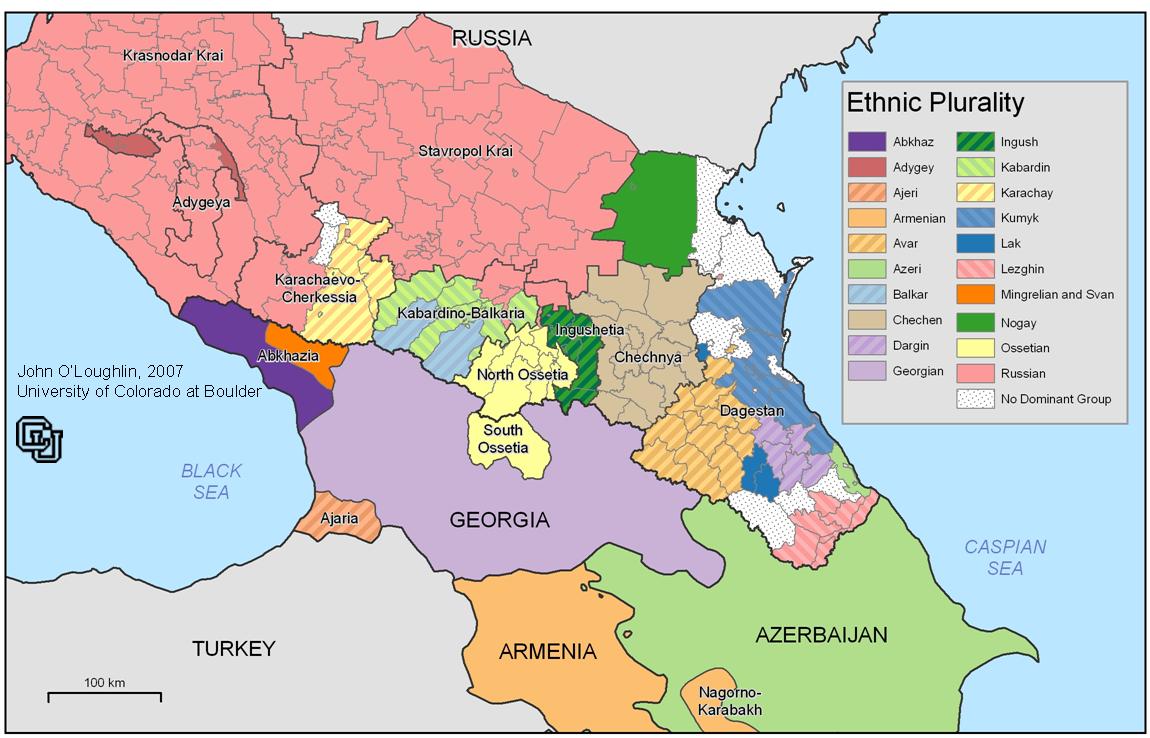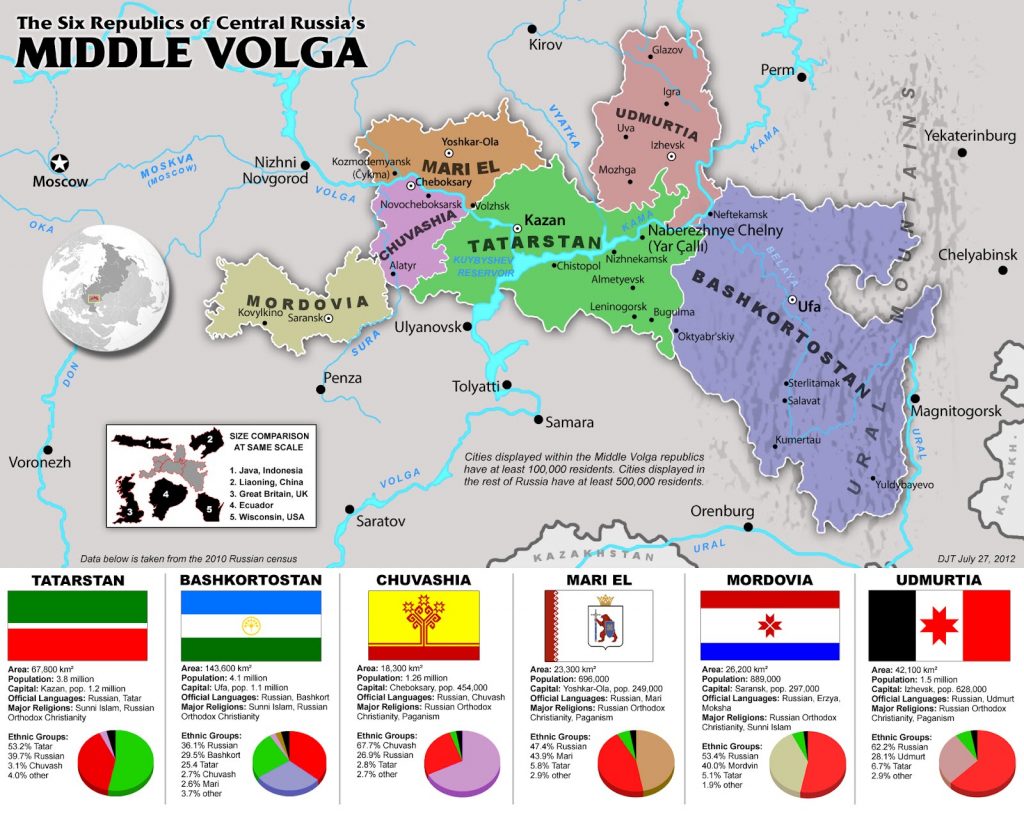ISIS, led by militants from former Soviet republics are preparing to attack in Russia’s Muslim regions, Moscow experts say.
up to 80 percent of ISIS groups in Syria are former residents of Russia’s North Caucasus & Middle Volga republics
Many of the leaders of the radical Islamic State of Iraq and Syria come from Muslim regions of the Russian Federation, and they plan to launch attacks in its regions, coming in via Afghanistan and Central Asia rather than the more direct but more difficult route across Türkiye and Iran, according to Moscow experts.
Both the danger of such new jihadist attacks in Russia and this route help to explain, commentator Ruslan Gorevoy says in surveying this expert community, why Moscow has been devoting so much attention to improving security in Central Asia in the hopes of stopping ISIS militants there.
ISIS has two centers of power, Gorevoy says, the main Iraqi one and the shadowy Syrian one. Most reportage has focused on the former and largely ignored the latter. “Why? Because almost all of its leadership without exception are people from the Soviet Union,” who “speak Russian,” and who know “about all our realities.”

The Central Asian countries have not been able to establish tight control over their borders, even when Moscow has provided as it has in the case of Tajikistan military units. As a result, terrorists can cross them easily and with impunity, and that is the first stage in a campaign against Russia itself, Gorevoy suggests.
He points with alarm to the recent “loss” in Kazakhstan of a 50 kilogram container of Cesium 137, something officials have tried to minimize but in fact likely is the work of terrorists, including those with links to ISIS. As a result, the commentator says, ISIS is approaching Russia’s borders and with nuclear bomb-making materials.
A major reason for the large number of Central Asians and North Caucasians in ISIS, he continues, is that the group pays well. Kyrgyz members are paid on the order of 5,000 US dollars a month, more than twice what gastarbeiters from that Central Asian country could earn in Moscow or other Russian cities.

When they return home, he continues, at least some of these people are prepared to continue the fight for ISIS as recent arrests and seizures of arms in Kyrgyzstan demonstate.
Russian officials have put on a brave face about this, with Chechnya’s Ramzan Kadyrov saying that he can take care of any ISIS operatives who may appear. But experts are less sure about that, at least over the longer term.
Denis Maltsev, a senior researcher at the Russian Institute for Strategic Studies, says that ISIS does not threaten Russia directly at present but that it does threaten to destabilize Russia’s neighbors. And that in turn means, he concludes, that the terrorist threat inside Russia will grow. “It is only a question of time.”
[Editor’s note: The following video of Russian-speaking ISIS members is courtesy of ChechensInSyria.com]




